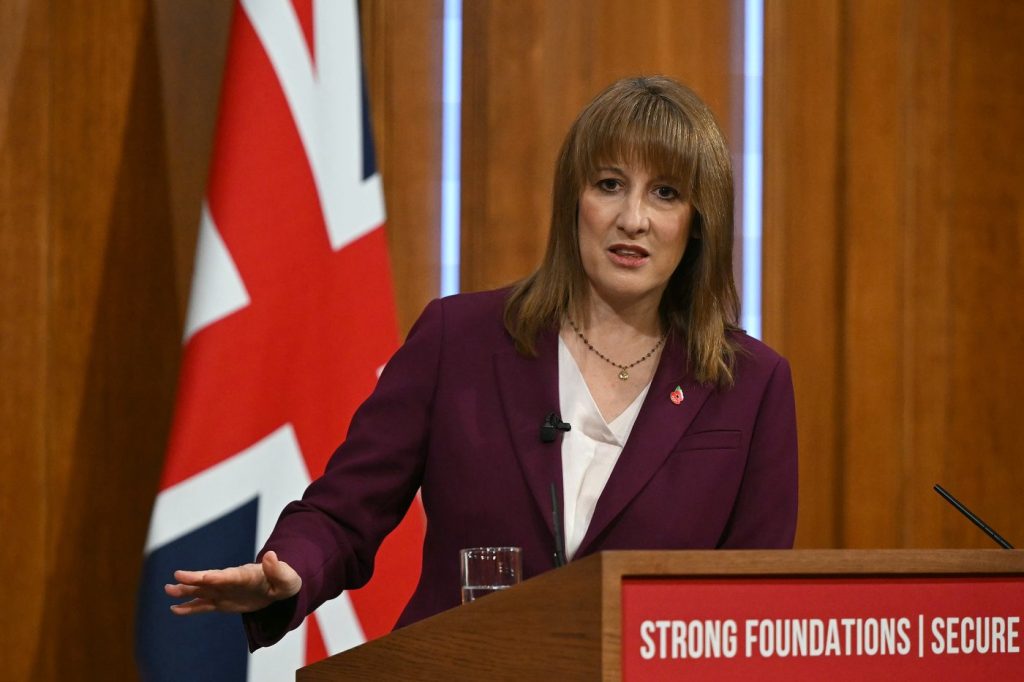LONDON (AP) — Economic growth in the United Kingdom has sharply slowed down to a near standstill during the third quarter of the year, according to official figures released on Thursday. This development poses a significant challenge for the British government, especially just two weeks prior to a crucial budget that is expected to result in further tax increases.
The Office for National Statistics reported that the economy experienced a modest growth of 0.1% between July and September, a decrease compared to the previous quarter's growth of 0.3%. This figure was also below market expectations, which were forecasting a 0.2% rise.
A key factor contributing to this disappointing growth was a cyber attack on Jaguar Land Rover (JLR), the largest automaker in Britain. The attack, which resulted in workers being sent home on August 31, halted production not only in JLR's factories but also affected its suppliers. Operations resumed in October but the repercussions were felt across the U.K. auto industry.
JLR, owned by India's Tata Motors, employs over 30,000 individuals, and its extensive supply chain supports tens of thousands of additional jobs. The impact of the cyber attack was visible in the data released for September, where overall industrial output dropped by 2% for the month, and car and trailer manufacturing saw a drastic reduction of 28.6%. This marked the sharpest decline since April 2020, during the peak of the coronavirus pandemic.
This latest economic report adds to a series of disappointing data for the government. Earlier this week, the statistics agency revealed that U.K. unemployment has climbed to 5%, the highest rate observed in the past four years.
With the budget announcement set for November 26, the statistics indicate a deteriorating economic environment. The government has sought to attribute these challenges to broader international issues, including uncertainties arising from U.S. tariffs.
Treasury chief Rachel Reeves had hoped that stronger economic growth would improve tax revenues and facilitate planned spending initiatives. She stated, “At my budget later this month, I will take the fair decisions to build a strong economy that helps us to continue to cut waiting lists, cut the national debt, and cut the cost of living.”
Reeves has hinted at the necessity of raising taxes to address a deficit in public finances. Predictions suggest that she may propose an increase in the basic rate of income tax, an action that would be unprecedented for any British government in the past 50 years and would breach a key commitment made in the Labour government's manifesto.
The current situation places the government in a precarious position as it contends with unfavorable opinion poll ratings, less than two years after taking office. Prime Minister Keir Starmer's approval ratings remain deep in negative territory, exacerbating the pressure on the administration ahead of the pivotal budget announcement.











